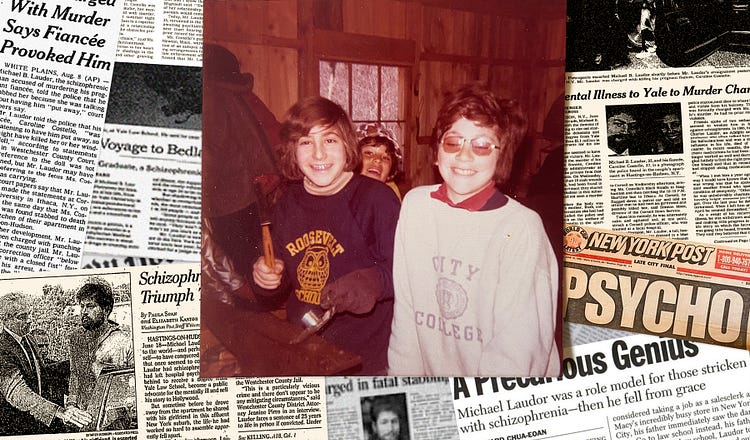‘My Friend’s Descent into Madness and Bloodshed’: An American Tragedy

A conversation with Jonathan Rosen about his magnificent new book ‘The Best Minds.’
372
Michael Laudor was an exceptional boy. Academically, he excelled. Things that are hard for most young students, like reading multiple books at once and comprehending large volumes of material, came easily for him. His charm was infectious, and he seemed to immediately attract the attention of any room he entered. Through high school and college, one thi…
Continue Reading The Free Press
To support our journalism, and unlock all of our investigative stories and provocative commentary about the world as it actually is, subscribe below.
$8.33/month
Billed as $100 yearly
$10/month
Billed as $10 monthly
Already have an account?
Sign In


